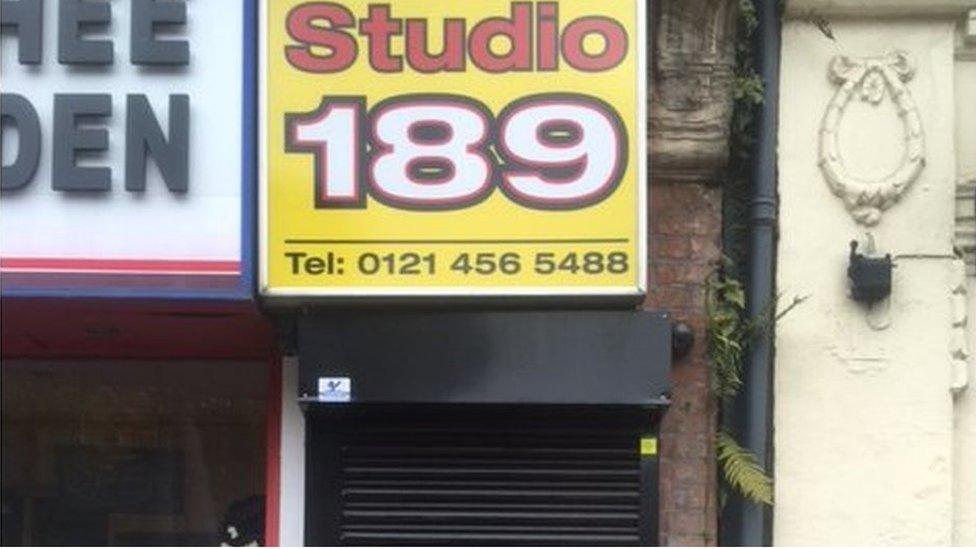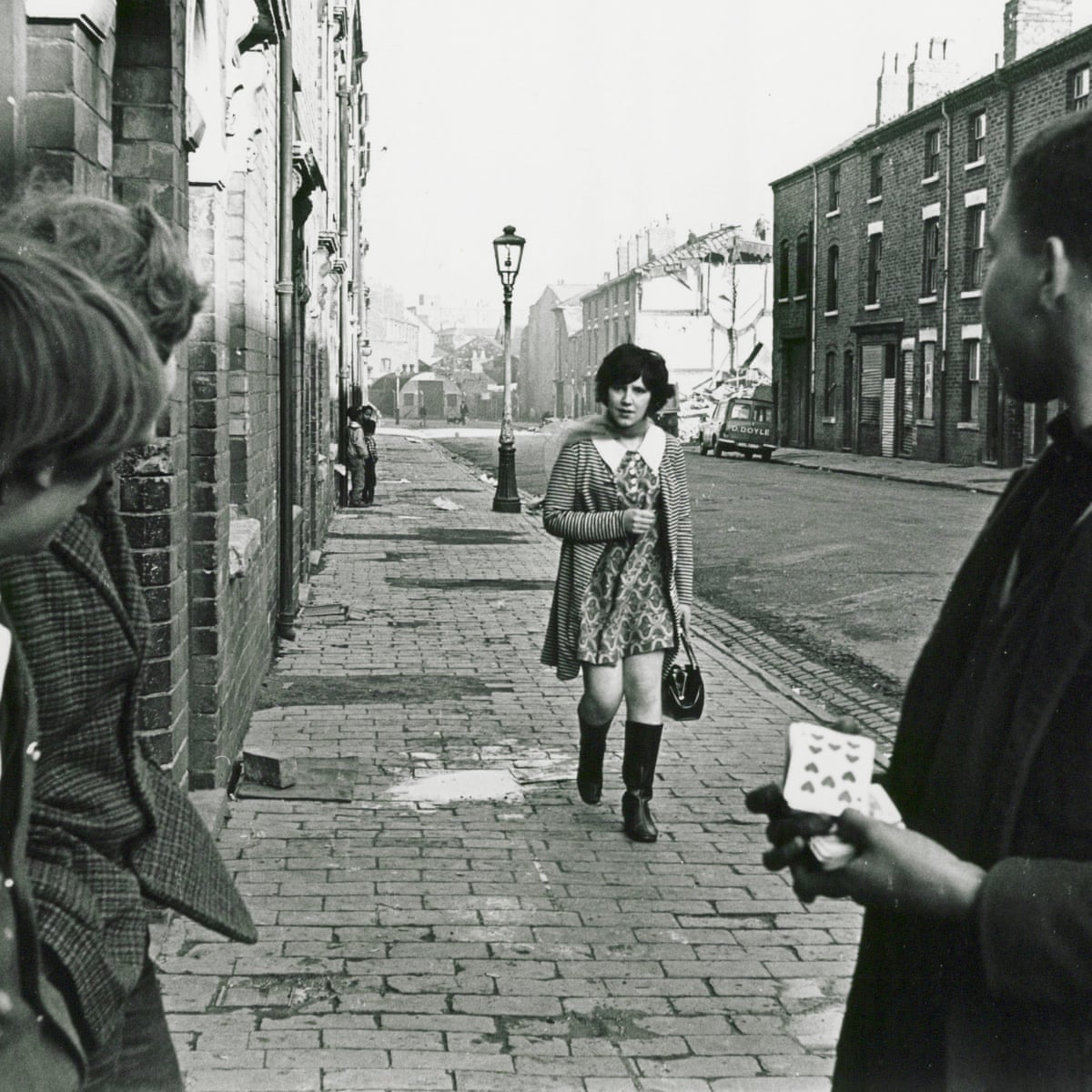
WEIGHT: 67 kg
Breast: Medium
One HOUR:100$
NIGHT: +60$
Sex services: Sex vaginal, Facials, Massage anti-stress, Dinner Dates, Striptease pro
Louise Catherine Wooster was the madam of an exclusive house of prostitution in Birmingham in the last quarter of the nineteenth century. Her enduring fame is based on facts, self-inventions, and legendary re-inventions. Wooster's decision to care for the sick during Birmingham's deadly cholera epidemic was authentically heroic. Other aspects of her life, including an unsubstantiated affair with John Wilkes Booth, were fabrications designed to make her appear larger than life.
She crafted her persona so carefully that it is very difficult to know what was real and what was invented. Louise Wooster's Fourth Avenue Buildings Wooster's presumed real life was interesting but largely unremarkable. Because so much of Wooster's biography is invented, the true facts of her life are vague. She was born in Tuscaloosa to William and Mary Wooster on June 12, , and was one of several children.

By the time Louise was seven, the family lived in Mobile. Her parents' deaths her father in , her mother in left the children destitute. When Louise was about 15, her older sister, Margaret, became a prostitute, two younger sisters were placed in Mobile's Protestant Orphan Asylum, and Louise went to New Orleans to live with a married sister. She returned to Mobile with a forged a letter and removed her sisters from the orphanage.
The girls went to live with a male family friend with whom Louise had a sexual relationship. Later, Wooster entered a Montgomery brothel. Wooster was in Birmingham by at least and was among the prostitutes who received public affirmation after the deadly cholera epidemic because they cared for the sick and prepared bodies for burial.

In the s, Wooster bought a two-story home on Fourth Avenue North and an adjacent building that became one of Birmingham's "high-class" brothels. Near city hall, saloons, and the police station, the location offered Wooster access to influence, customers, alcohol, and police protection. She continued to prosper. By , Wooster's considerable assets included land, buildings, furniture, and jewelry.




































